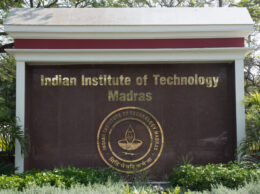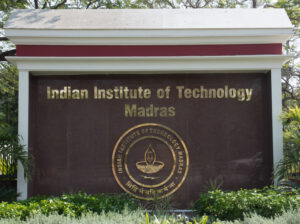New Delhi: Recognizing their strengths in research and education in one or more scientific disciplines, IIT Delhi and the University of Helsinki (UH) in Finland have signed a memorandum of understanding (MoU) for academic cooperation.
The MoU was signed by Prof. Naveen Garg, Dean, International Programmes, IIT Delhi; Prof. Somnath Baidya Roy, Head, Centre for Atmospheric Sciences, IIT Delhi; and Prof. Sasu Tarkoma, Dean, Faculty of Science, University of Helsinki.
Building on the MoU between the Consortium of Finnish Universities in Finland and the IITs in India, IIT Delhi and UH have agreed to establish a programme to collaborate in research, education, and planning, developing and testing new measurement technologies, and constructing and operating research infrastructure, particularly aiming to contribute to solving air quality and climate change challenges in India.
Both institutes will exchange, on a reciprocal basis, faculty, and students for limited periods of time for the purpose of education and/or research, jointly supervise students and postdocs, and cooperate in planning, constructing, and operating research infrastructures, particularly the Atmospheric Observatory located on the IIT Delhi’s Sonipat campus.
Prof. Somnath Baidya Roy, Head, Centre for Atmospheric Sciences, IIT Delhi, said, “We are already working together to develop a world-class Atmospheric Observatory. The MoU will strengthen this partnership and also create new avenues for collaboration”.
Prof. Sasu Tarkoma, Dean, Faculty of Science, University of Helsinki, said, “We have an excellent research collaboration with IIT Delhi that is expanding and deepening. Comprehensive long term atmospheric measurement is vitally important for understanding our environment and predicting air quality”.
Under the MoU, IIT Delhi and UH have also agreed to exchange information on research and educational programs, teaching materials, and other literature relevant to their educational and research programmes.
They have agreed to jointly organise short-term continuing education programmes on topics of mutual interest and to invite each other’s faculty to participate therein, to jointly propose and engage in research or training programmes sponsored by funding agencies; and to invite each other’s faculty to participate therein.








